Diaphragmatic breathing, also known as deep breathing, has a direct connection with both our body and mind. It influences how we handle stress and psychosomatic conditions. Ancient Eastern religious practices and various forms of meditation have shown the holistic benefits of deep breathing techniques like yoga and tai chi. Understanding this practice’s importance contributes to the improvement of emotional balance, body movements, and posture.
Specific psychological studies indicate that breathing practices can serve as an effective non-clinical intervention for reducing anxiety, depression, and stress in adults. Further research suggests that even a single session of controlled breathing can lower blood pressure and normalize heart rate. A significant body of pathological research shows that breathing practices offer a non-clinical approach to managing emotions, akin to the state of mindfulness, which is characterized by alertness and orientation. An article from PubMed Central, published by the NIH, reveals that cognitive and emotional improvements can be concurrently achieved through mental training, enhancing attention span while reducing fatigue and anxiety in healthy adults.



